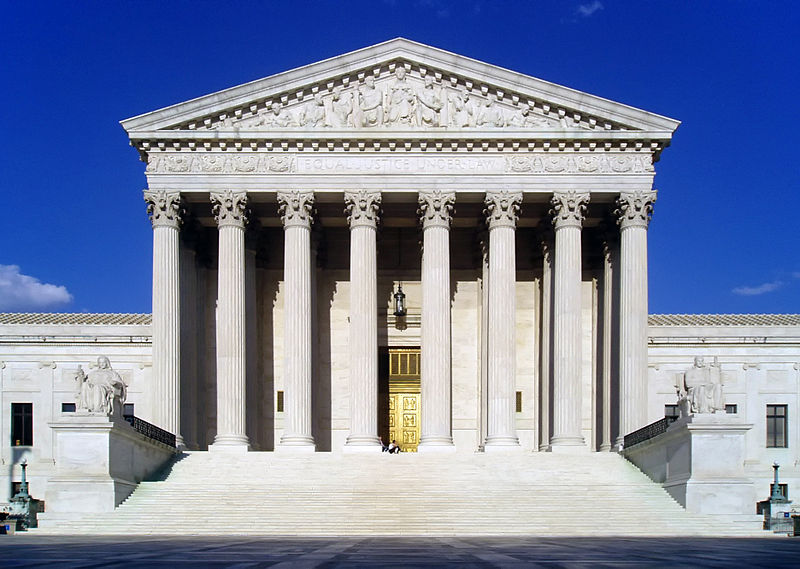The Supreme Court of the United States (SCOTUS) issued a 5-4 ruling on Sept. 1, denying a request to block enforcement of a Texas law banning abortion procedures after six weeks of pregnancy and authorizing private civil right of action related to violations of the law. The latter authorization allows private citizens to bring civil actions against individuals for violating the law or aiding in violation of the law. The bill, S.B. 8, was signed into law on May 19 by Governor Greg Abbott (R).
The ruling came after the court on Aug. 31 did not respond to the emergency appeal filed by a group of abortion providers seeking to block enforcement of the law. The appellants argued that the law violated the Supreme Court’s rulings in Roe v. Wade (1973) and Planned Parenthood v. Casey (1992), establishing the constitutional right to have an abortion before the point of fetal viability, approximately 24 weeks into a pregnancy.
The emergency appeal was submitted through the U.S. Court of Appeals for the 5th Circuit to Justice Samuel Alito, the justice assigned to review emergency appeals originating from the circuit court. As the circuit justice, Alito referred the matter to the full court for consideration.
In the unsigned opinion from the Sept. 1 ruling, the court stated: “The applicants now before us have raised serious questions regarding the constitutionality of the Texas law at issue. But their application also presents complex and novel antecedent procedural questions on which they have not carried their burden.”
Chief Justice John Roberts and Justices Stephen Breyer, Sonia Sotomayor, and Elena Kagan would have granted the application to stop the law’s enforcement, and each filed dissenting opinions.
Additional reading:



